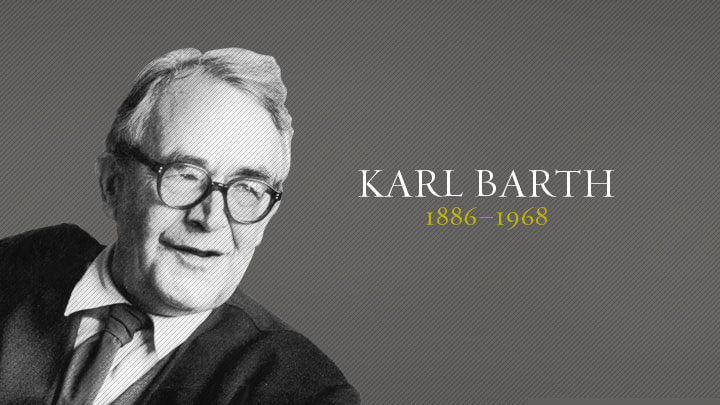| Lately (actually for a while) I have been concerned about evangelicalism's conception of Scripture. What prompted me to finally blog about it was an article on the relationship between the Old Testament and the New Testament in Andy Stanley's thought. This reflection is not about Andy Stanley, but to summarize Mr. Stanley believes that the covenants that God makes in the OT take a back seat to the ultimate covenant that God makes with us in Jesus Christ. As a result of this conclusion the OT is not discarded, but relegated (my term) to a "secondary" position (again, my term). The OT is valuable as it tells stories about God and it establishes God's relationship with it, but its historicity (or lack thereof) is of no consequence. This accomplishes what Stanley is going after, which is protecting faith from being dismantled through a systematic deconstruction of the OT. In other words, Stanley is rejecting the long term acceptance of literalism in the evangelical tradition. It is in this rejection of literalism that I find the connection with Barth (however strange that may seem!). Barth rejects both literalism and expressionism for what he refers to as "realism." This realism is a "via media" between the two. For Barth, realism with its emphasis on analogical reference doesn't emphasize the same brand of certainty literalism. Rejecting a prooftexting kind of certainty, Barth describes realism mode of certainty as "sufficient." This sufficiency refers to knowing God and for salvation in Christ. Barth also refers to the Bible's "mode of narration." What he primarily referring to is the story within the text (Noah, the flood, Jonah and the whale, etc.). He sees these stories not as factual reports (like literalism) and not as mythological pictures (like expressionism) but as "legendary witnesses" (Barth's preferred reference is "saga." Personally I find it hard to find the distinction between the two. More reading of Barth is necessary. I'm hoping to get Hunsinger's book Barth and Scripture for Christmas to help me understand this more fully). These Biblical narratives function as "witnesses" to God's revelation. The connection between Stanley's position and Barth's is interesting. I think that Stanley is saying the same thing about the Old Testament texts: there are witnesses to revelation. They are most certainly not to be taken literally for Stanley this goes for Barth as well. They seem to agree on the "mode of narration" of Scripture. While Stanley doesn't use the term "legend" or "saga" in reference to the Old Testament text, it would seem that this is what he means. Does Stanley realize that he is going down a Barthian path? He has received a lot of push back on his thesis (this can be more fully seen in his book Irresistable) from many fronts. The pushback has come in large degree from conservative evangelicals. These evangelicals would find themselves very comfortable in Barth's category of "literalism." Granted, Stanley position is not really as developed or nuanced as Barth's. Nevertheless, I see Barth's concern being echoed in Stanley's thought. |
|
0 Comments
Leave a Reply. |
AuthorsFather, Pastor, Writer Archives
January 2023
Categories
All
|

 RSS Feed
RSS Feed